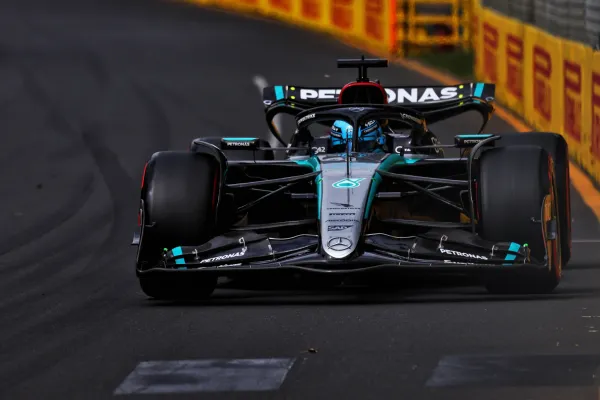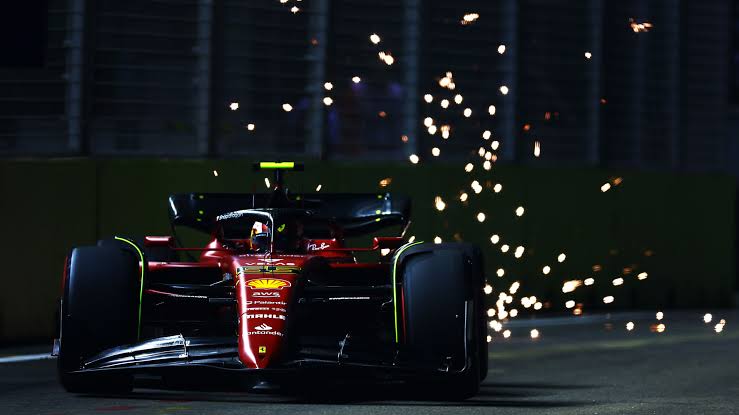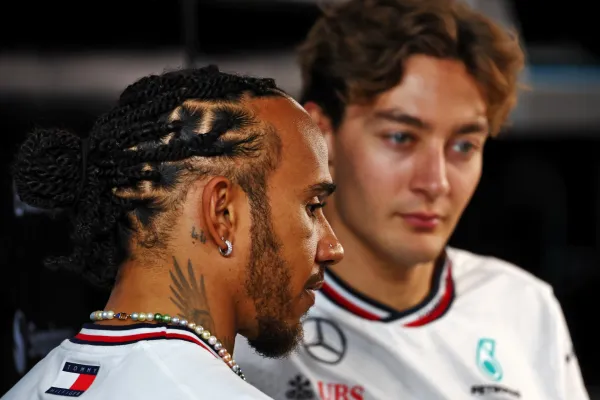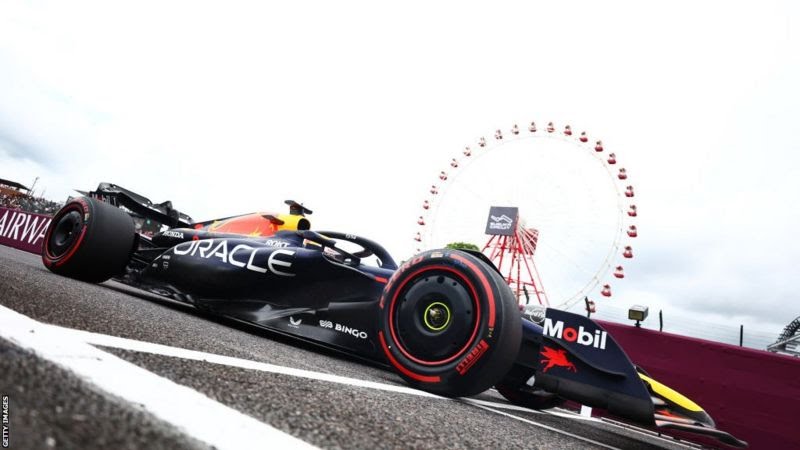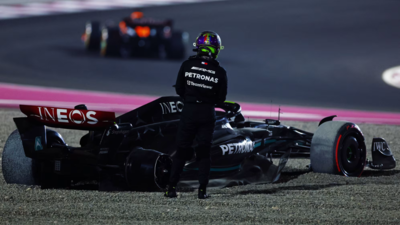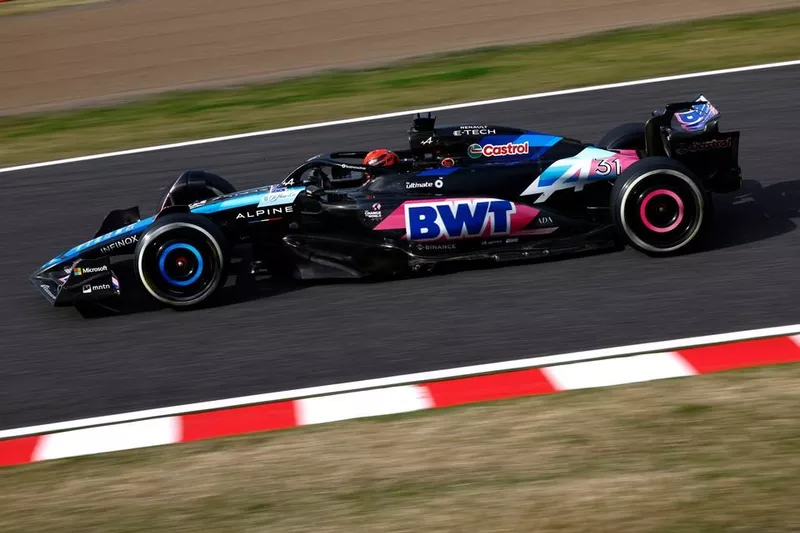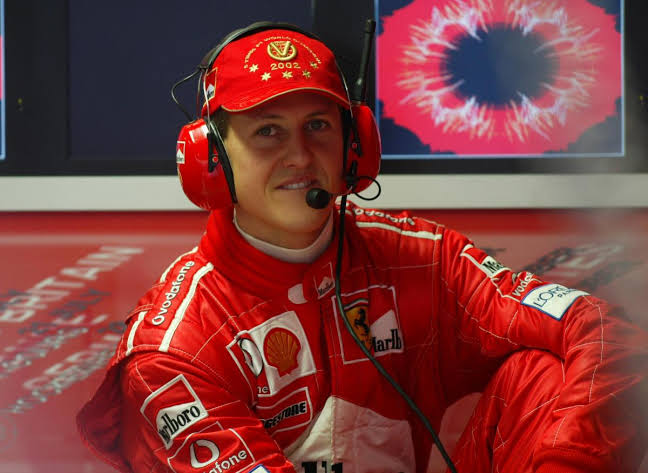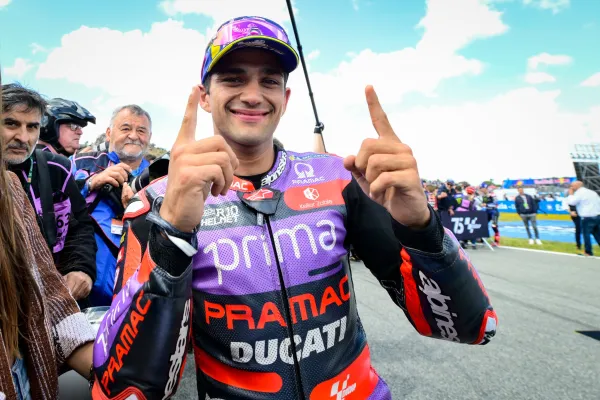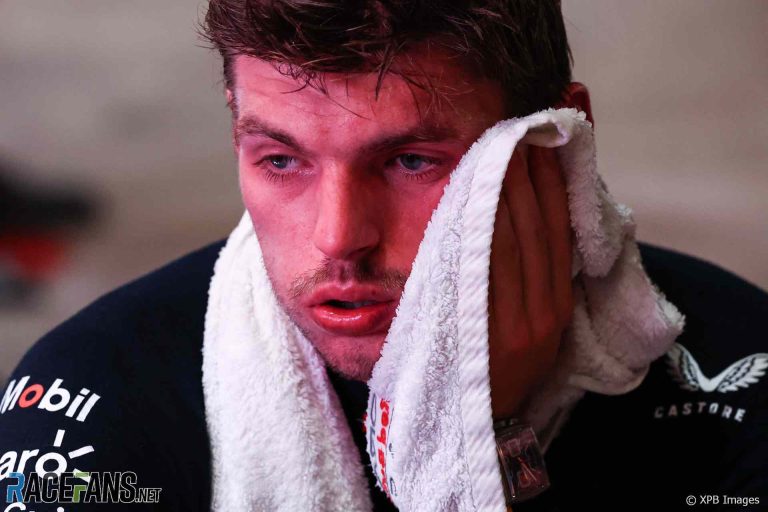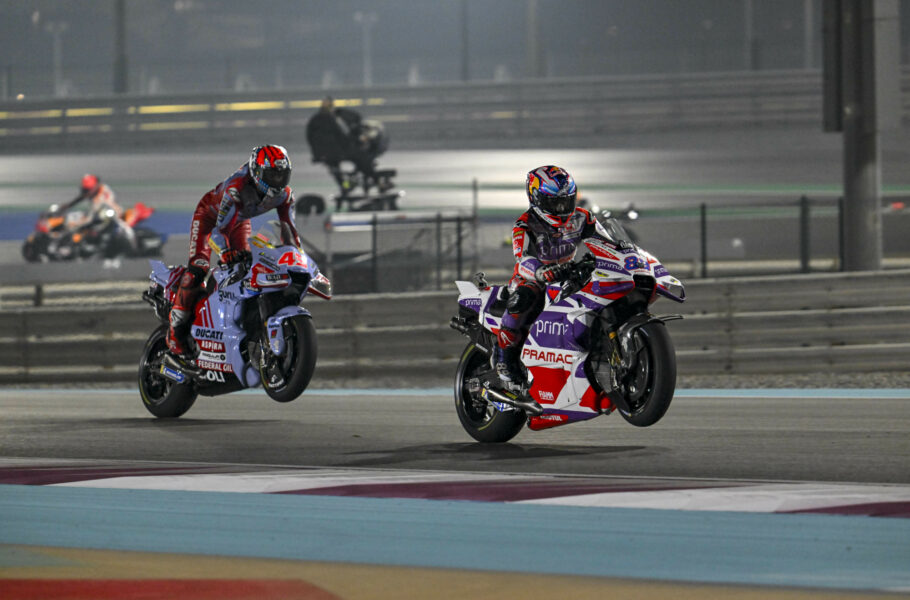Reviving A Legend: Can The French Grand Prix And Rally Make A Triumphant Return?
The French World Rally Championship (WRC) and Grand Prix hold immense historical and cultural importance in the realm of auto sports. With a heritage that traces its origin to 1906, one of the longest running national Grand Prix events, the French Grand Prix is imbued in a rich heritage, while rallying in France has produced legends of auto sports and events that one would never forget. Both events, however, suffered in more recent times, leading to their elimination from the schedule of auto sports events around the world. This article analyzes the chances of their revival, observing the background, prevailing challenges, and likely prospects.
Historical Context of the French Grand Prix
Origins and Early History
The French Grand Prix is one of the longest established and most highly regarded races in motorsport history. The initial race took place in Le Mans in 1906, showcasing initial automotive design and driver proficiency. The race was organized by the Automobile Club de France (ACF) and featured a challenging 1,238-kilometer course that put driver skill and vehicle durability to the test.
In its early years, the French Grand Prix was a proving ground for manufacturers to showcase their capabilities on open roads. Major manufacturers such as Renault, Peugeot, and Fiat competed, making France a force to be reckoned with in the new automotive industry. The race soon became popular and was a regular in the initial years of motorsport.
Evolution of the Event
Interwar Period: The post World War I period saw a revival of the French Grand Prix, with events being hosted at different circuits in France. The 1920s saw more rivalry and innovations that influenced contemporary motorsport.
Post-World War II period: The race developed after World War II to become a member of the new World Championship of Drivers in 1950 Formula 1. The race was held at various circuits such as Reims-Gueux and Rouen-Les-Essarts during this period.
Modern Era: The race was again on the Formula 1 schedule in 2018 after a long time, hosted at Circuit Paul Ricard until 2022. The race continued to struggle even after its return in terms of attendance and financial viability.
Recent Developments
In recent years, the French Grand Prix has been excluded from the Formula 1 schedule, having hosted its last race in 2022. The reason for this exclusion is financial constraints coupled with a new direction in Formula 1 towards other regions of the planet that have more financially lucrative markets. The future of the race is in doubt, with proposals for potential alternatives in Le Mans or even a Paris street circuit.
The State of Rallying in France
Rallying has a great heritage in France, having produced great drivers like Sébastien Loeb and Sébastien Ogier. The WRC organized a rally in France in 2019 in the Corsica Rally. There has been a move to bring rallying to the scene in France ever since.
Historical Significance of Rallying
Rallying has a rich heritage in France, with events like the Monte Carlo Rally offering a benchmark of excellence. The unique nature of rallying—that of drivers overcoming challenging terrain and unstable weather—is one that has been fascinating enthusiasts over many years.
Iconic Drivers: Sébastien Loeb is one of the most successful rally drivers of all time, winning nine consecutive WRC titles between 2004 and 2012. He has been a great inspiration to a new generation of fans and drivers.
Cultural Impact: Rallying has also influenced automotive culture in France, making manufacturers like Citroën and Peugeot more competitive. The companies have funded rally programs extensively to showcase their technical capabilities.
Challenges Facing Rallying
Economic Factors: Rallying is also hit by economic challenges that hinder its revival just like in the case of Formula 1. The events need government support, yet there is no promise of support yet.
Competition: The WRC calendar is highly competitive, with many countries vying to be added to it. This makes it tough for France to be added without having serious backing.
Environmental Concerns: There is increasing concern over the environment that has brought motorsport events under scrutiny. Rally events must be in line with sustainability demands without compromising spectator interest.
Future Prospects
Pierre Gosselin, new president of French motorsport, is looking to return the French Grand Prix and WRC events to their former glory. He points to government support as their key to their revival but concedes that there is a lack of support currently.
Reviving the French Grand Prix: Challenges and Opportunities
Opportunities for revival
Government Support: Obtaining financial support from the government of France would be a great help in reviving both events. There are precedents in history that indicate that government support can help deliver successful motorsport events.
Alternative Venues: An option would be to use other circuits or street races to get new fans and new sponsors. Le Mans or even Paris would be new venues to build interest among fans and competitors.
Fan Engagement: The fervent fan base in France is a chance waiting to be harnessed. Promoting to local communities or fan experiences can help revive interest in both of these motorsport disciplines.
Technological Innovation: The use of technologies like hybrids or electric vehicles (EVs) can win over a new generation of fans interested in sustainability without turning off older fans.
International Collaborations: Joining forces with other nations that also host large motorsport events allows for cross-promotion that is mutually beneficial to all concerned.
Challenges Ahead
Financial Viability: The financial burden of organizing large events is a serious issue. Without heavy investments or sponsorship deals, organizing such races is a problem.
Global Competition: With new geographies of expansion of Formula 1 to places like Asia and America, France would need to compete on a global scale to be noticed. This would also become more challenging to revive its classic races.
Logistical Issues: Major events demand advanced logistics in transport, team and spectator accommodation, security provision, and regulation compliance, all of which require careful planning.
Case Studies of Successful Revivals
To better learn to execute a revival effectively, it is possible to take a glance at case studies in other countries that have been successful in reviving their national motorsport events.
Germany’s Return to F1
Germany faced a similar problem in its own Grand Prix race but was able to revive it through strategic cooperation with local government and sponsoring partners. By capitalizing on Germany’s dominant automotive sector—where brands such as Mercedes-Benz and BMW are based—the nation was able to put forward a compelling offer to Formula 1 organizers.
Italy’s Imola Revival
Another notable one is that of Italy’s Imola circuit, restored to the calendar of Formula 1 after many years of inactivity thanks to demand from fans and local interest in motorsport. The return was facilitated by massive investments from local government bodies that saw its potential to generate revenue in terms of tourism.
Engaging Fans: The Crucial Part of Revival
The success of a revival of both the French Grand Prix and WRC is largely dependent on winning over fans:
Community Involvement
Engaging local communities in grass-root programs is likely to generate buzz around such events:
Local Events: Organizing smaller-sized race events or shows can help build interest in younger fans.
Educational Programs: In partnership with schools or universities on automotive engineering programs that encompass STEM can inspire generations to inspire and push forward motorsport culture.
Digital Engagement In today’s digital age, social media platforms play a crucial role: Interactive Content: Creating interactive content in the form of live Q&A sessions or behind-the-scenes videos can be used to increase fan engagement. Virtual Experiences: Providing virtual reality experiences or online simulations enables fans that cannot attend live events to be a part of it virtually.
Conclusion
The revival of the World Rally Championship and French Grand Prix is more a matter of reigniting national pride and a passion for motorsport in France than recapturing former glory. There are many challenges to be met, largely financial constraints and competing countries vying for interest, but potential government support and spectator interest offer a path forward.
As Pierre Gosselin brings these events to life, cooperation between everyone interested in their revival—circuit owners, government bodies, competitors, sponsors, and fans—is going to be crucial. With perseverance and careful planning, there is a potential that these classic races can once more be included in the calendars of fans of motorsport around the world. By embracing innovation in a manner that respects tradition, France can recapture its status as a force in global motorsport—a genuine revival of a legend that is not just a celebration of speed, but also of culture, of community spirit, and of technical advancement in one of humanity’s most thrilling endeavors: racing. In conclusion, it would require more than mere passion to revive such classic motorsport events, but also strategic vision—one that would place France in the limelight again at home and abroad!


